In the 19th-Century religious belief came under scientific scrutiny. In 1877, William Kingdon Clifford, an English mathematician and philosopher, proposed that
it is wrong always, everywhere and for any one, to believe anything upon insufficient evidence.
Without good supporting evidence, one should refrain from believing: it is wrong to take anything on faith. This proposal was disputed by the American philosopher and psychologist William James in an 1896 lecture entitled The Will to Believe. James argued that under certain conditions we must form beliefs and act on them, even though the evidence is insufficient. The main requirements were that the believer must choose between two “genuine” possibilities, and that the choice must be sufficiently “momentous” that not choosing would entail significant risk. The latter condition hearkens back to the “wager” of Blaise Pascal, wherein a person decides what to believe based on the consequences of these beliefs rather than the evidence for them.
William Kingdon Clifford (1845-79)
William Clifford, a professor of mathematics and mechanics at the University of London, made significant contributions to algebra and to geometry, his ideas in the latter foreshadowing Einstein’s Theory of General Relativity. He was also interested in the philosophical implications of science, publishing essays on The Scientific Basis of Morals and The Ethics of Belief.
Clifford begins the latter essay with a story about a shipwreck:
A shipowner was about to send to sea an emigrant-ship. He knew that she was old, and not over-well built at the first; that she had seen many seas and climes, and often had needed repairs. Doubts had been suggested to him that possibly she was not seaworthy. These doubts preyed upon his mind, and made him unhappy; he thought that perhaps he ought to have her thoroughly overhauled and refitted, even though this should put him to great expense. Before the ship sailed, however, he succeeded in overcoming these melancholy reflections. He said to himself that she had gone safely through so many voyages and weathered so many storms that it was idle to suppose she would not come safely home from this trip also. He would put his trust in Providence, which could hardly fail to protect all these unhappy families that were leaving their fatherland to seek for better times elsewhere. He would dismiss from his mind all ungenerous suspicions about the honesty of builders and contractors. In such ways he acquired a sincere and comfortable conviction that his vessel was thoroughly safe and seaworthy; he watched her departure with a light heart, and benevolent wishes for the success of the exiles in their strange new home that was to be; and he got his insurance-money when she went down in mid-ocean and told no tales.
Clifford insisted that the ship-owner was responsible for the deaths of all who drowned. He may have sincerely believed in the soundness of his ship, but he had no right to so believe on the basis of the evidence before him. Clifford insisted further that had the ship not foundered, its owner was still guilty. From such examples he proposed the principle (“later known as Clifford’s principle”) that
it is wrong always, everywhere and for any one, to believe anything upon insufficient evidence.
He expounded:
If a man, holding a belief which he was taught in childhood or persuaded of afterward, keeps down and pushes away any doubts which arise about it in his mind, purposely avoids the reading of books and the company of men that call in question or discuss it, and regards as impious those questions which cannot easily be asked without disturbing it – the life of that man is one long sin against mankind.
Chignell (2018) noted that this approach to belief is similar to that of John Locke in his Essay Concerning Human Understanding (1690)
He that believes without having any Reason for believing, may be in love with his own Fancies; but neither seeks Truth as he ought, nor pays the Obedience due to his Maker, who would have him use those discerning Faculties he has given him, to keep him out of Mistake and Error.
Clifford realized that a single person cannot sift through all the evidence for everything she needs to believe. Some beliefs must be based on the authority of others. However, the believer should make some rational assessment of that authority. The proposers of the beliefs must be honest; the beliefs must be such that they can be or have been verified by those who have the time and experience to verify them; their acceptance should be independent of any personal profit to those that propose the beliefs.
Clifford also considered the limits of inference. Most of what we know is inferred from what we and others have experienced. The fact that the sun has risen daily throughout our lives and throughout all the lives of others leads us to believe that it will continue to do so. Clifford proposed
We may believe what goes beyond our experience, only when it is inferred from that experience by the assumption that what we do not know is like what we know.
In passing Clifford noted that we have no a priori right to believe that nature is universally uniform – that the future will always follow the rules of the past. This is itself a belief – one that has worked so far. Some beliefs we need to accept.
William James (1842-1910)
William James trained as a physician but never practised medicine. Rather he pursued his interests in psychology, religion, and philosophy. In each of these fields he published books that have become essential to their respective disciplines: The Principles of Psychology (1890), The Varieties of Religious Experience (1902), and Pragmatism (1907).
In a talk to the Philosophical Clubs of Yale and Brown Universities –later published as The Will to Believe (1896) – James proposed that there are situations in which we should believe even when the evidence is insufficient. He describes three necessary conditions. First, the belief should involve a choice between two live options, i.e. ones that personally meaningful. Choosing between theosophy or Islam was likely not meaningful to his audience. Second, the choice must be unavoidable. Deciding to love or hate someone is easily avoidable – we can just be indifferent. However, accepting or denying the truth of a statement is unavoidable – the statement must be either true or false. Third and most importantly, the choice must be momentous. James used the example of joining Nansen’s expedition to the North Pole. To do so could lead to fame and glory; not to do so leaves one with nothing:
He who refuses to embrace a unique opportunity loses the prize as surely as if he tried and failed. Per contra, the option is trivial when the opportunity is not unique, when the stake is insignificant, or when the decision is reversible if it later prove unwise.
James assumed that deciding to believe is much like deciding to act. However, choosing to believe in God is not the same as choosing to join Nansen’s polar expedition. One can (and does) choose to act in certain ways. However, one does not usually choose between beliefs if there is no evidence preferring one over the other (see the criticisms of Bertrand Russell, below).
James noted that his idea of the “momentousness” of a belief is related to Pascals famous wager. Pascal proposed that it is better to believe in God than to remain an agnostic: if we are right, we are granted “eternal beatitude,” and, if we are wrong, we lose nothing. James did not enjoy considering religious belief in the “language of the gaming-table.” Nevertheless, he was apparently convinced by Pascal’s logic. When things are that important, we must believe one way or another or risk losing all. James therefore proposed that
Our passional nature not only lawfully may, but must, decide an option between propositions, whenever it is a genuine option that cannot by its nature be decided on intellectual grounds; for to say, under such circumstances, “Do not decide, but leave the question open,” is itself a passional decision, ⸺ just like deciding yes or no, ⸺ and is attended with the same risk of losing the truth.
James concludes his lecture with a rousing quotation from the English Jurist, James Fitzjames Stephens (1829-1894):
In all important transactions of life we have to take a leap in the dark…. If we decide to leave the riddles unanswered, that is a choice; if we waver in our answer, that, too, is a choice: but whatever choice we make, we make it at our peril. If a man chooses to turn his back altogether on God and the future, no one can prevent him; no one can show beyond reasonable doubt that he is mistaken. If a man thinks otherwise and acts as he thinks, I do not see that any one can prove that he is mistaken. Each must act as he thinks best; and if he is wrong, so much the worse for him. We stand on a mountain pass in the midst of whirling snow and blinding mist through which we get glimpses now and then of paths which may be deceptive. If we stand still we shall be frozen to death. If we take the wrong road we shall be dashed to pieces. We do not certainly know whether there is any right one. What must we do? Be strong and of a good courage. Act for the best, hope for the best, and take what comes. . . .
The image is wildly romantic. It brings to mind Casper David Friedreich’s Wanderer over a Sea of Fog (1812). The concept of the “leap of faith” – the act of believing something despite the lack of convincing evidence – was commonly used in the 19th Century to counter the objections of religious skeptics. The term is often attributed to Kierkegaard though he never used it (McKinnon, 1983).
James had used the image of the Alpine Climber in an earlier essay written in French on the “subjective method” (1877, discussed in Wernham, 1987, Chapter 2):
I find myself in a difficult place from which I can only escape by making a bold and dangerous leap. Though I wish to make the leap, I have never done so before, and I do not know if I have the ability. Let us suppose I use the subjective method: I believe what I desire. My confidence gives me strength and makes possible something which otherwise might not have been. I leap across the space and find myself out of danger. But suppose I doubt my ability because it has never before been demonstrated in such a situation: then I waver; I hesitate; at last, weak and trembling, I am compelled to an attempt by sheer despair; I miss my goal; I fall into the abyss. (my translation).
It is not clear whether James was proclaiming a right to believe when there is insufficient evidence, or whether he was asserting a duty to believe. Most people would support a general right to believe with the proviso that the belief does not harm others. Few, however, would say that we ought to believe something even though the evidence is not convincing.
James has been criticized for indulging in wishful thinking (reviewed in Koopman, 2017). When we decide to believe without any evidence, we run the clear risk of entering a fantasy world. On the other hand, perhaps we should try out new world-views. Provided they cause no harm. Crusades are not allowed.
Blaise Pascal (1623-1662)
Blaise Pascal was a French mathematician, physicist, and philosopher. He is most famous for his studies of probability, his experiments on atmospheric pressure and his proposal that beliefs might me determined based on what they entail rather than on the empirical evidence – Pascal’s wager.
In in the posthumously published Pensées (1670 Section III), Pascal points out that believing in God leads to a promise of Heaven whereas not believing in God has no long-term benefit. We must either believe or not. So
Let us weigh the gain and the loss in wagering that God is. Let us estimate these two chances. If you gain, you gain all; if you lose, you lose nothing. Wager, then, without hesitation that He is.
The following illustration presents the premises that lead to Pascal’s wager, and the decision matrix that urges us to believe in God. The estimated benefit of believing or not is the sum (along the row in the decision matrix) of the probability-weighted benefits when God exists or not. The infinite rewards of belief in God completely outweigh the minor inconvenience of living life as a believer (Cg – a negative value). Similarly, the infinite penalties of not believing are far worse than the transient benefit of a life of indulgence (Bn – a positive value).
Pascal’s logic falls apart in two ways (Bartha & Pasternack, 2018; Hájek, 2003, 2022). First, it does not discriminate among which of many possible Gods one should believe in. If there is a non-zero possibility of an Islamic God who rewards his followers with heaven and casts infidel Christians into hell, the infinite rewards and penalties associated with the Christian God are cancelled out. This is illustrated in the below. The astute observer will note that while the infinite benefits and costs of believing in a particular God are cancelled out, the atheist is still stuck with probabilities of death and damnation regardless of which God exists. Perhaps, this is the human lot. The atheist, however, simply assumes that both Pg and Pa are zero.
A second objection to Pascal’s wager is that it presupposes not only that God might exist but also that God would reward the believer with heaven and damn the non-believer to hell. Among the credible possibilities are a benevolent God who would forgive the non-believer, and a strict God who would damn those that professed belief simply to get to heaven as hypocrites who did not “truly” believe in their hearts.
Bertrand Russell (1872-1970)
Bertrand Russell was an English philosopher, mathematician, and logician. He is most famous for the Principia Mathematica (1913) written together with A. N. Whitehead. This attempted to describe the basic axioms and rules underlying human logic and mathematics. Russell was also known for his pacifism and his agnosticism.
Russell was one of the first major critics of James’ The Will to Believe. In an essay on Pragmatism (1910), he pointed out the James’ arguments are appropriate to actions but have no real relevance to belief. He uses the example of a traveler at a fork in the road:
I come to a fork where there is no signpost and no passer-by, I have, from the point of view of action, a ‘forced’ option. I must take one road or other if I am to have any chance of reaching my destination; and I may have no evidence whatever as to which is the right road. I then act on one or other of the two possible hypotheses, until I find someone of whom I can ask the way. But I do not believe either hypothesis. My action is either right or wrong, but my belief is neither, since I do not entertain either of the two possible beliefs. The pragmatist assumption that I believe the road I have chosen to be the right one is erroneous.
However, belief can mean different things to different people. Religious thinkers do not consider belief in the same way as a scientist or logician. In a religious context, one can decide to believe based upon the consequents that the belief will have – salvation, heaven, etc. – rather than on the evidence for the belief.
Henry Habberley Price (1899-1984)
H. H. Price was a Welsh philosopher with a major interest in perception and belief, and a minor interest in parapsychology. His 1961 Gifford lectures on Belief (published in 1969) analyzed the many ways in which we can believe.
He proposed that belief can be considered in two main ways – as an occurrence (a mental event) and as an attitude (a mental state). The occurrence of belief is the moment when a person decides that something is true (based on evidence or on desire) or assents to consider it true. With respect to Russell’s criticism that belief is not usually chosen, Price noted that we often come to a belief (“make up our minds”) in much the same way as we decide to act. He uses as an example:
After waiting for him for over 1½ hours I decided that John had missed the train.
Belief can also be considered as an attitude: to believe a proposition is to be disposed to act as if that proposition were true. Other attitudes are hoping, desiring, and knowing. Having an attitude may be either conscious of not. An attitude is not necessary associated with any overt behavior: it simply represents a tendency to respond in a certain way.
As I discussed in a previous post on Belief and Heresy, Price also pointed out that “believing that” differs from “believing in” (Price, 1965). Believing-that is used with a proposition: it considers that a proposition is true based on the evidence. Believing-in is used with things, persons, or ideas: it not only claims that these exist (existed or will exist) but also affirms many other related propositions. Christ stated
I am the resurrection, and the life: he that believeth in me, though he were dead, yet shall he live:
And whosoever liveth and believeth in me shall never die. (John 11: 25-26)
Simply asserting that Christ existed is clearly not sufficient for a person to “believe in” Christ. One must also believe that he is divine, that he died so that those who believe in him do not have to die, that he was resurrected from death, and that he lives forever. Challenging requirements for one of a skeptical disposition. However, the reward is invaluable: eternal life.
Peter van Inwagen (1942- )
Peter van Inwagen is an American Christian philosopher who has written extensively on the philosophy of religion: An Essay on Free Will (1983), The Problem of Evil (2006), Metaphysics (2002).
In 1996 van Inwagen published a paper commenting Clifford’s principle that we should not believe anything based upon insufficient evidence. He initially remarks that although all beliefs need to be based on evidence
a strict adherence to the terms of the principle would lead to a chain of requests for further evidence that would terminate only in such presumably unanswerable questions as What evidence have you for supposing that your sensory apparatus is reliable? or Yes, but what considerations can you adduce in support of the hypothesis that the future will resemble the past?
More importantly, he points out that Clifford’s principle has mainly been applied in criticizing religious beliefs. He notes that for complicated issues in philosophy, politics, economics, and psychiatry, the available evidence even when properly scrutinised often leads to a diversity of opinion. Each of us may have our own insight or intuition as to what is true. Just as we do not consider it morally wrong to have these individual beliefs in philosophy, politics, etc., so we should allow religious beliefs even when the evidence for them is (necessarily) incomplete.
Daniel C. Dennett (1942- )
Daniel Dennett is an American philosopher and cognitive scientist. He has written extensively on psychology (Consciousness Explained,1992), evolution (Darwin’s Dangerous Idea, 1996) and religion (Breaking the Spell, 2006). Together with Richard Dawkins, Christopher Hitchens, and Sam Harris, he is considered one of “The Four Horsemen of the New Atheism.”
One way to consider belief is as an interpretation of reality. Dennett has proposed that our brains are continually modelling what is going on in the world. What we are conscious of at any moment is as the “best draft” of our interpretive model (Dennett, 1992). Our consciousness of our selves is an abstract “center of narrative gravity” that we use to interpret our experience.
Some philosophers and psychologists have denied the existence of beliefs (see Schwitzgel, 2019, for a review of “eliminativism”). Dennett considers beliefs (and other mental states) as helpful in interpreting the behavior of others who might have mental states similar to our own. He describes this mode of interpreting and predicting behavior as the “intentional stance:”
Here is how it works: first you decide to treat the object whose behavior is to be predicted as a rational agent; then you figure out what beliefs that agent ought to have, given its place in the world and its purpose. Then you figure out what desires it ought to have, on the same considerations, and finally you predict that this rational agent will act to further its goals in the light of its beliefs. A little practical reasoning from the chosen set of beliefs and desires will in most instances yield a decision about what the agent ought to do; that is what you predict the agent will do. (Dennett, 1987, p 17)
Whatever Gets You Thru the Night
We have touched on what various philosophers have thought about belief. What can we conclude?
To survive, human beings must understand what they can about the world in which they find themselves. In some contexts, our understanding has become highly accurate. Our perceptions tell us what things are and predict what they will do; our actions manipulate the world. In other contexts – in philosophy, politics and psychiatry, for example – we often have little understanding. We do not know whether the world has a purpose, how society could be optimally organized, or why our thinking can become disordered. Rather than just accept these uncertainties, we try out possibilities – to see whether they both fit the world and give us comfort. Often these ideas are just hunches; sometimes they become considered opinions; occasionally they become beliefs. Our beliefs are the way we make sense of the world.
Are there ethical principles that determine what we can believe (Chignell, 2018; Schmidt & Ernst, 2020)? We should base our beliefs as much as possible on the evidence available to us. However, we should not retire to an attitude of universal skepticism. We must try out hypotheses about the what we do not know about world. We remain responsible for the consequences of our actions, even if we sincerely believed those actions appropriate.
Contemplating the smallness of humanity in the immensity of the universe is frightening. Our beliefs provide us with some way to handle this fear. In the words of John Lennon’s 1974 song, they are “Whatever gets you thru the night.”
References
Schmidt, S., & Ernst, G. (2020). The ethics of belief and beyond: understanding mental normativity. Routledge.
Bartha, P. F. A. & Pasternack, L (Eds) (2018). Pascal’s wager Cambridge University Press.
Chignell, A. (2018) The ethics of belief. The Stanford Encyclopedia of Philosophy
Clifford, W. K. (1877). The ethics of belief. The Contemporary Review 29, 289-309. Reprinted in Clifford, W. K. (1884). The scientific basis of morals and other essays. (pp. 25–36). J. Fitzgerald (New York).
Dennett, D. C. (1987). The intentional stance. MIT Press.
Dennett, D. C. (1991). Consciousness explained. Little, Brown.
James, W. (1877). Quelques considérations sur la méthode subjective. Critique philosophique, 2, 407-413. Reprinted in James W. (1978; Ed. Burkhardt, F., Bowers, F., & Skrupskelis, I. K.) Essays in Philosophy. Harvard University Press.
James, W. (1896) The will to believe. The New World, 5, 327-347. Reprinted in W. James (1897) The will to believe and other essays in popular philosophy. (pp. 1-31). Longmans Green.
Hájek, A. (2003). Waging war on Pascal’s wager. Philosophical Review, 112: 27–56.
Hájek, A. (2022). Pascal’s Wager. The Stanford Encyclopedia of Philosophy
Koopman, C. (2017). The Will, the Will to Believe, and William James: an ethics of freedom as self-transformation. Journal of the History of Philosophy, 55(3), 491–512.
McKinnon, A. (1993). Kierkegaard and “The Leap of Faith.” Kierkegaardiana 16.
Pascal, B. (1670, translated by W. F. Trotter, 1958) Pensées/Thoughts. Dutton
Price, H. H. (1965). Belief ‘in’ and belief ‘that.’ Religious Studies, 1, 5-27
Price, H. H., 1969, Belief. Allen & Unwin.
Russell, B. (1910). Philosophical essays. Longmans, Green, and Co.
Schwitzgel, E. (2019). Belief. The Stanford Encyclopedia of Philosophy.
van Inwagen, P. (1996). “It is wrong, everywhere, always, and for anyone, to believe anything upon insufficient evidence” In J. Jordan & D. Howard-Snyder (eds.), Faith, freedom and rationality (pp 137–153). Rowman and Littlefield. Available online.
Wernham, J. C. S. (1987). James’s will-to-believe doctrine: a heretical view. McGill-Queen’s University Press.



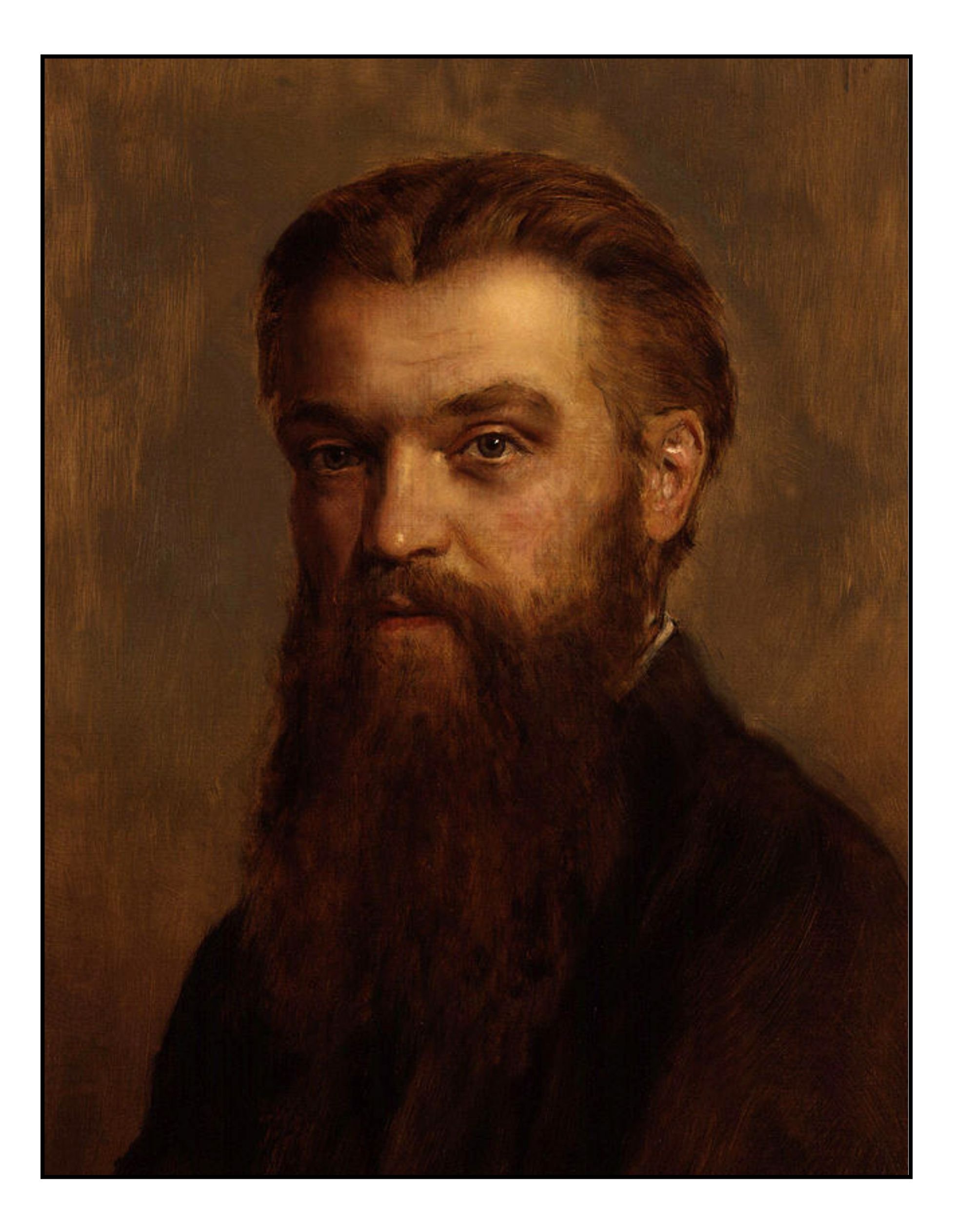

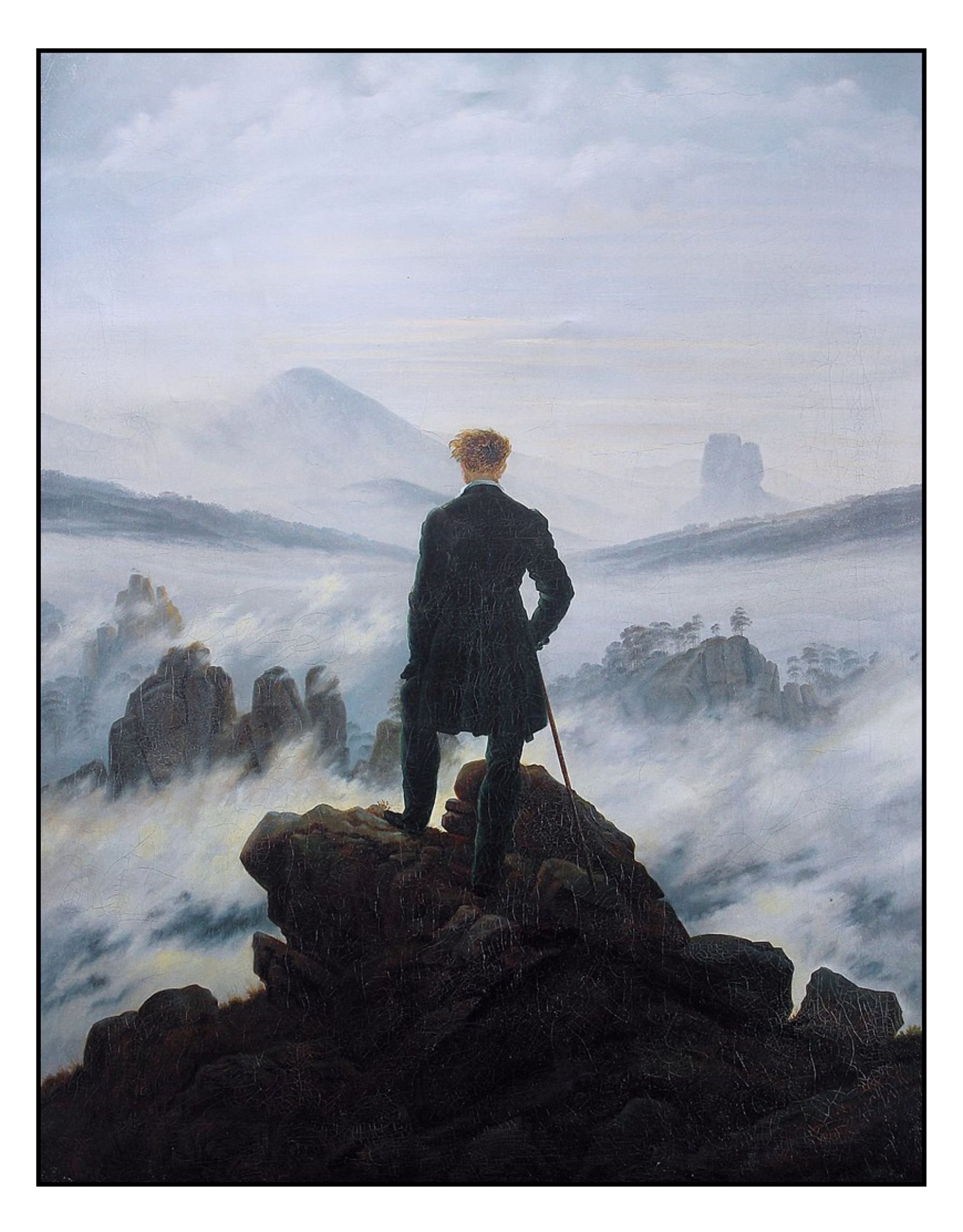

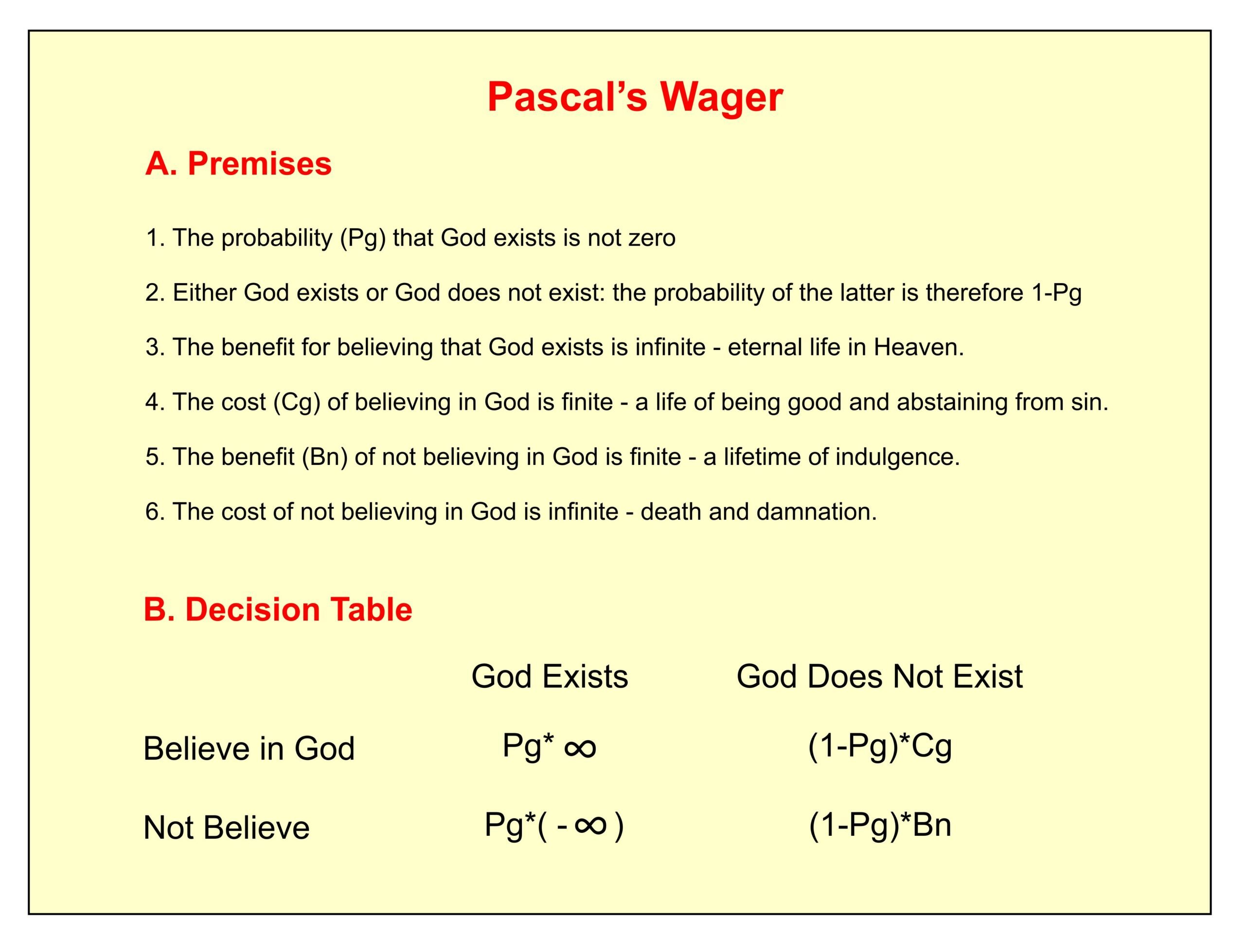
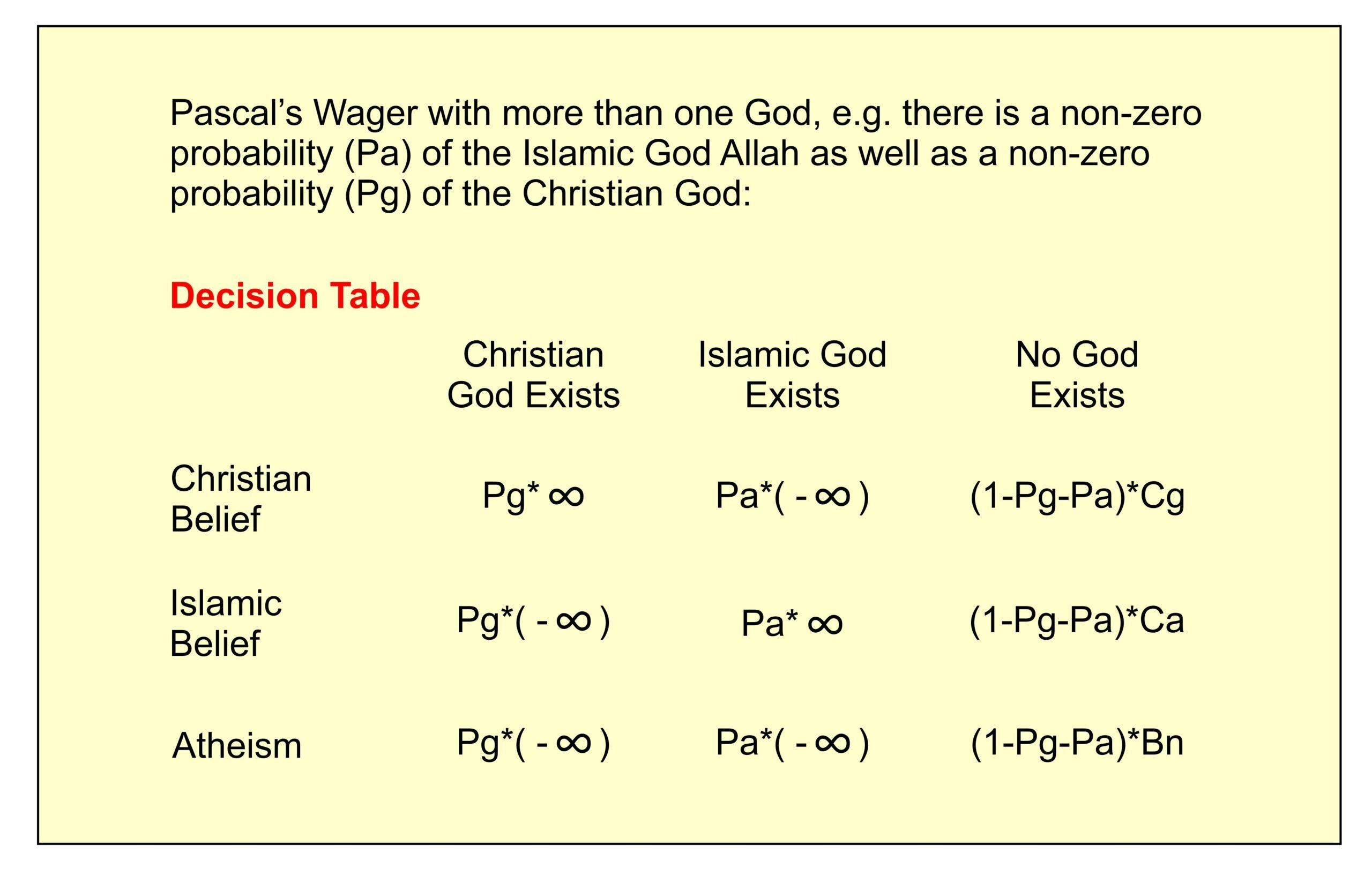


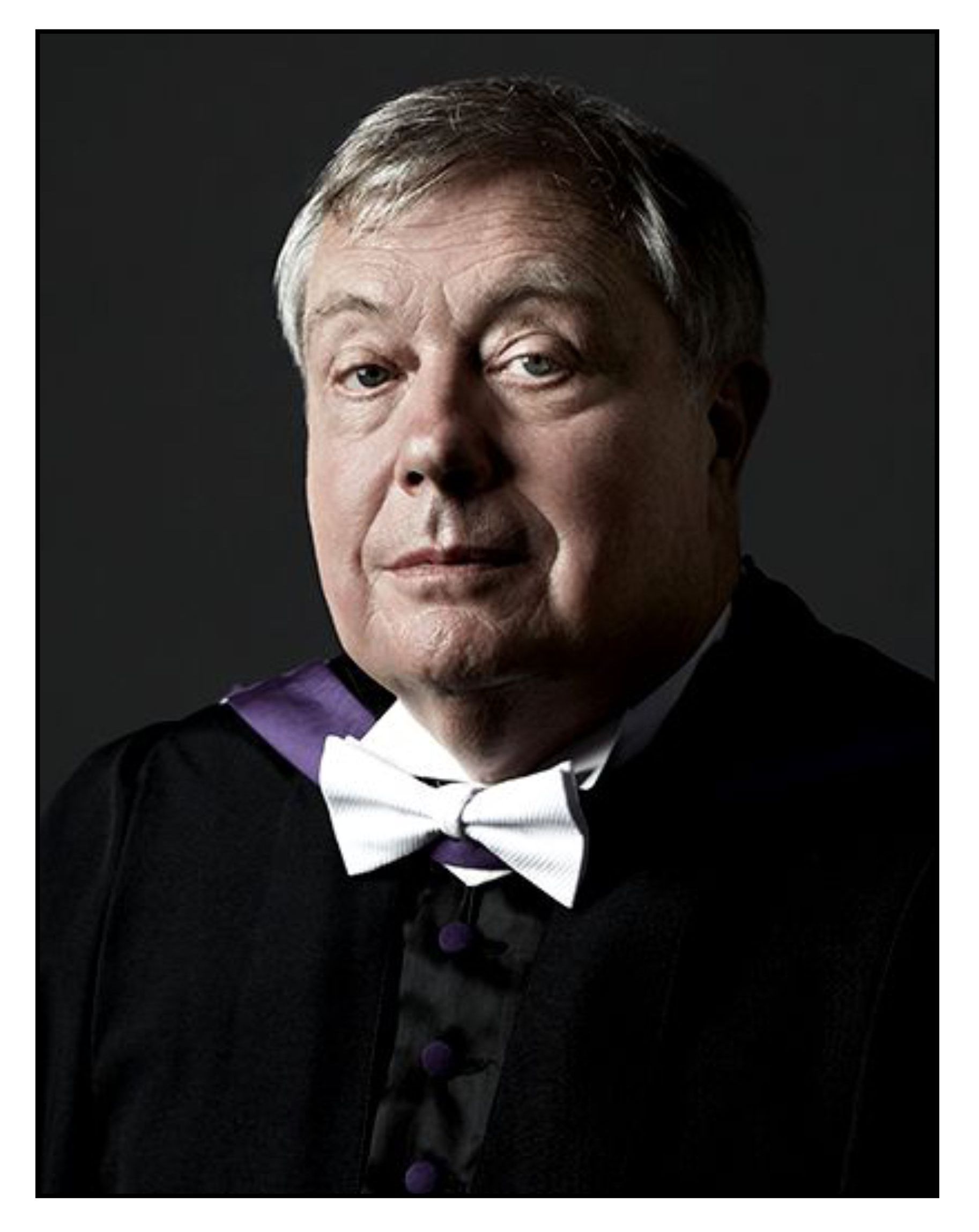
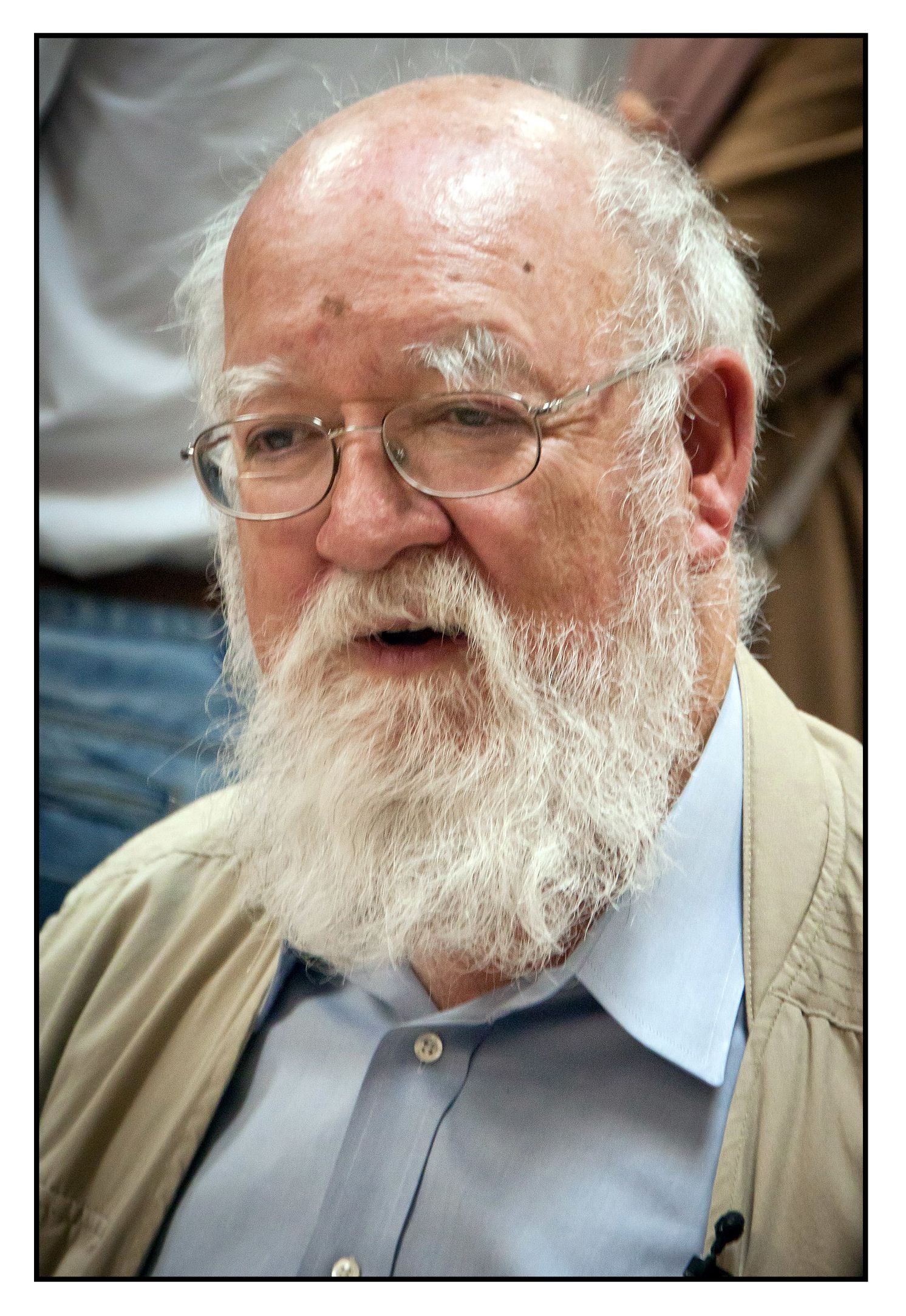
This raises the question of how much control we have over what we believe. If we have little or no control then ethics are not relevant. A more interesting question would be how much evidence must there be that our beliefs are true before we are justified in acting upon them. In the real world this can be problematic given the prevalence of confirmation bias. In my personal experience as a government policy advisor, politicians were prone to listening to advice from a broad spectrum but acting only on the basis of the advice that supported their own objectives. A hybrid option of low ethical quality.
Confirmation bias is indeed a problem. The only way to counter its effect is to recognize that it exists and to try to see how it affects our judgement. This is extremely difficult but ethically necessary. Maybe we should sometimes look at our problems from perspectives that are foreign to our usual thinking – just to see where they lead us.